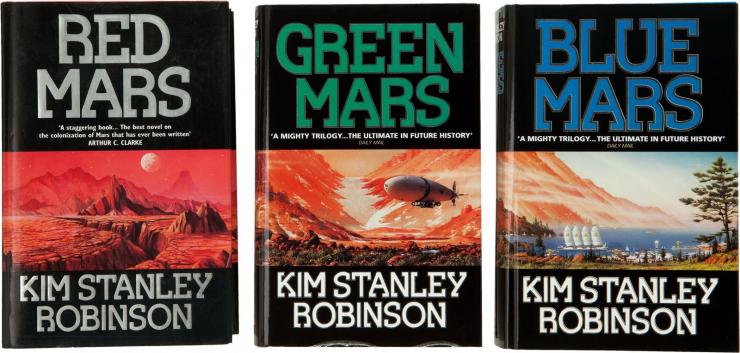With NASA not really lighting the solar system on fire with tangible plans to get humans to Mars, some private spacefaring companies hope to carry us to the Red Planet — and now one of America’s most famous astronauts has thrown his support behind one of the most controversial missions.
While speaking at a panel for MIT’s AeroAstro 100 conference in Massachusetts, Apollo 11 astronaut Buzz Aldrin opened up about his thoughts on future plans to get humans to Mars. Specifically, Aldrin offered his thoughts on Mars One — you know, the one that’d turn the whole thing into a reality TV series — and said he’s actually in favor of the one-way mission.
Aldrin said he looks at the situation from a simple perspective of cost, noting that we’d likely be better served by making an effort to keep a settlement on the planet after spending so much time, effort and money to get them there. But once we’d established a working base, then consider some return trips if necessary.
Astronaut Buzz Aldrin in favor of Mars One’s one-way trips to the Red Planet blastr
Kim Stanley Robinson’s acclaimed Mars Trilogy is colonizing TV blastr

One of the most acclaimed science fiction sagas of the last 25 years is headed for adaptation.
The Wrap reports that producer Vince Gerardis (Game of Thrones, FlashForward) has just landed a development deal at Spike TV for Red Mars, a drama series adapted from Kim Stanley Robinson’s Mars Trilogy, made up of 1993’s Red Mars, 1994’s Green Mars, and 1996’s Blue Mars. The series is considered a modern science fiction classic and garnered a combined two Hugo Awards, two Locus Awards, a Nebula Award and a British Science Fiction Association Award. Robinson will serve as a consultant on the project. Featuring dozens of characters and decades of story, The Mars Trilogy is the story of humanity’s efforts to colonize and terraform Mars as the Earth suffers from overpopulation. The series explores not only the struggle to make the Red Planet habitable but also the effects that corporations as large as governments, genetic engineering, extended lifespans, further human space exploration and more have on civilization. There’s a lot to unpack in these books, so exploring the story via long-form television seems like a good fit, if Spike (a network not known for scripted dramas) can deliver the production value.

